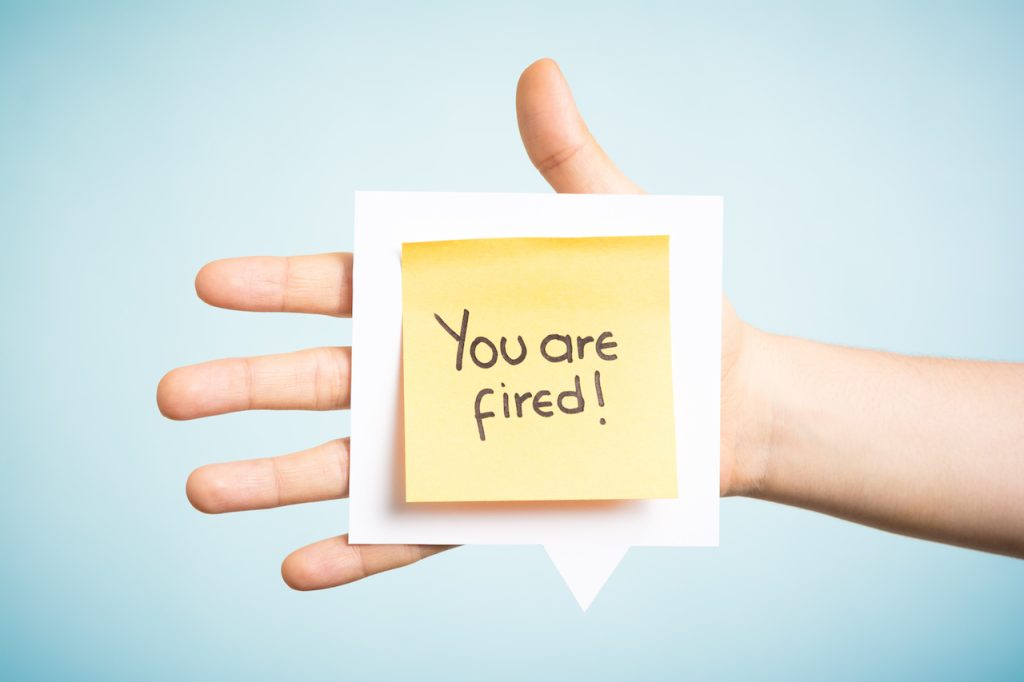
You may have a well-written, professional resume and managed to impress the recruiter during the interview, but what do you do if you have bad references? What your references say about you is often the deciding factor in whether or not you’ll be offered the position.
It’s beneficial to have at least three references available, and you want to ensure they’ll increase your chances of employment. If you didn’t leave your recent job in ideal circumstances or you didn’t get along well with your manager, there are steps you can take to overcome the dilemma.
Here are some ideas for you.
Omit the reference
You could leave the negative reference off your list and reconnect with previous employers to ask if they can assist, however sometimes the recruiter may want to contact a particular employer from your resume. If it’s a small town or a niche industry, the recruiter may even know the employer. In this situation, it’s important to be honest and explain why you haven’t included that person as a reference but to also say something positive about working for the organisation.
Explain the circumstances
Allow the recruiter to contact the employer because if you don’t, it looks as though you have something to hide. But be up front about it. Explain what they are likely to hear and why. We all know that not every boss is reasonable, nor does every working relationship go smoothly. Be clear about the facts the you believe will negatively colour your referee’s responses. If your interviewer is prepared, he or she can formulate a range of questions that will successfully tap into the more positive experiences you had in the job.
Speak to your referee

If you feel confident enough, contact your previous employer and ask them what their reasons are for giving you a bad reference. Try to resolve any issues you have with them in a professional manner and see if you can both come to an agreement on some unbiased and fair comments on your employment. If this is too daunting, you can ask them to put their recommendation in writing. Their tone and content can be a good indicator of what they’ll say about you.
Speak to your HR team
If your employer doesn’t meet you halfway and you’re concerned they will hinder your employment, consider talking to the organisation’s Human Resources department. They are aware of possible legal concerns and the company’s reputation so they may work with the employer to stop their behaviour. Depending on your relationship with the HR department, they may even offer you a reference. Jeff Shane, founder Allison & Taylor, a reference checking and employment verification firm, suggests another more serious option, which is to write a cease and desist letter to the CEO or individual higher up in the organisation. Name the individual who is making negative comments and suggest that they only confirm employment dates and job titles.
Check your references beforehand
Did you know there are reference checking services? They will call your reference and ask them some questions, as a recruiter would do and then advise you of what your reference said. Alternatively, if cost is a concern, see if a friend can do the detective work for you. This is a useful way to determine if your references are helping in your job search or hindering you. So if you have a bad reference, it doesn’t necessarily mean your future career is jeopardised, and the issue can often be resolved.
Our professional consultants can help you prepare for an interview and help you find the best way to handle the topic of bad references at interview. When you are confident in what you say, people are more likely to believe you.





